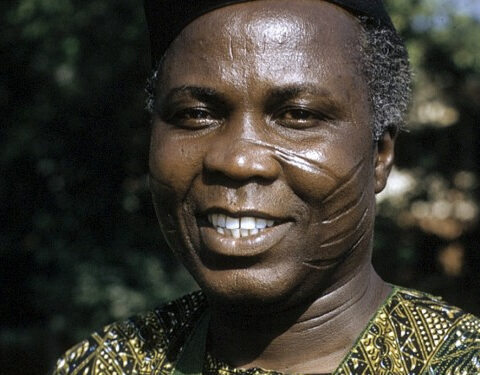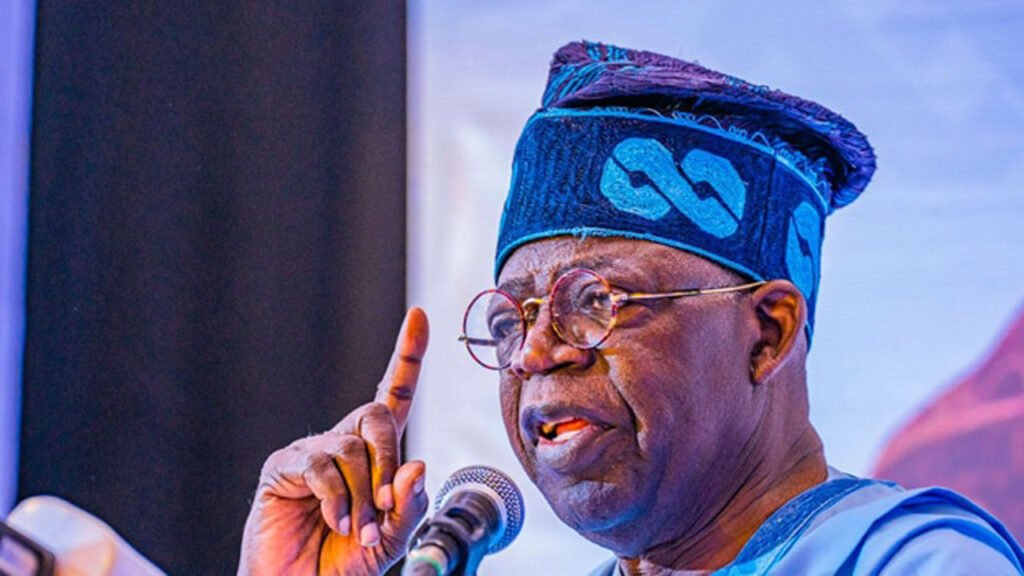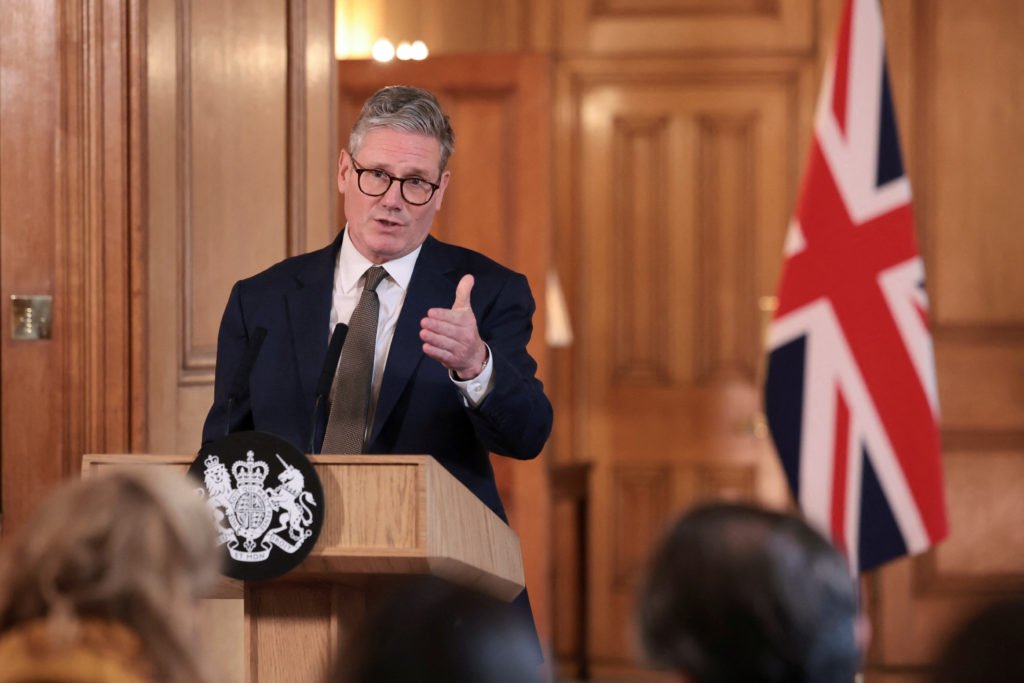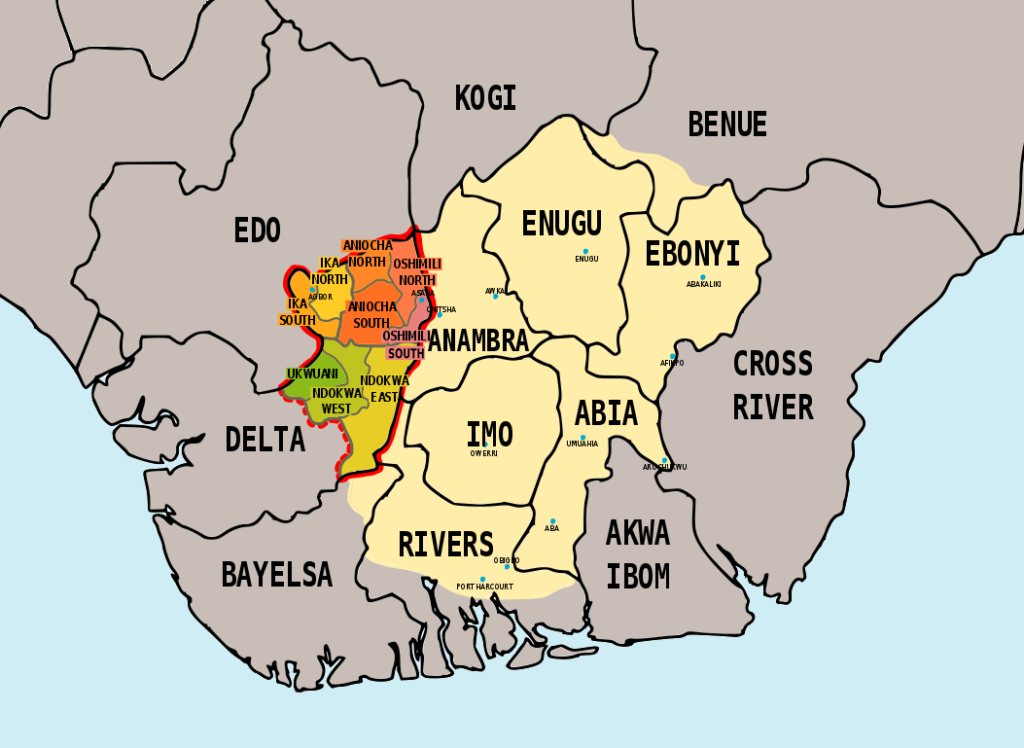One of the most knotty political issues in Nigeria has been the need for local government autonomy. Until July 11, 2024 when the Supreme Court delivered a landmark judgment affirming the financial autonomy of Nigeria’s 774 Local Government Councils, the various states government had the local government councils under their armpit
A flourishing grassroots democracy is the ideal towards which local governments have been moving since independence. Even in colonial times, the ideal was already being contemplated. There was a dispatch of February 25, 1948 in which the Colonial Secretary, Arthur Creech-Jones, spoke of the urgent need to establish “an efficient and democratic system of local government.”
As it happened, however, owing to the situation in the great emirates of Northern Nigeria, the councils established by 1951 Constitution received only a delegated administrative authority being subordinate to the regional House of Assembly in legislative matters, and subject to the regional ministry of local government in administrative terms. In the South, councils were indeed elected. But they did not have the power of independent action. This situation, despite a multitude of experiments, remained unchanged right up to the 1989 Constitution.
On June 24, 1991 the Federal Military Government promulgated Decree No 23 giving local government councils constitutional autonomy. By the terms of this decree, local governments acquire constitutional parity with the federal government and state governments; and council chairman become the chief executives of local autonomies on the same basis as the president of the Federal Republic of Nigeria and state governors. The executive chairman had has authority to appoint the secretary of the local government and nominate his own cabinet of departmental supervisors. Popularly elected by adult suffrage, he is himself outside the council as the president and state governors are outside their respective legislatures. But he must seek the approval of the council for his annual budget and submit himself to regular scrutiny regarding his policies and their implementation.
He can be removed from office by impeachment in the council or by popular vote calling for the end of his incumbency. It is clear that the basic idea of the decree is to extend the structure of executive presidency to local governments.
The arguments in favour of local government autonomy are fairly clear. The arrangement makes governing easier by commending all matters of purely local nature to the attention of the local people whose interests they touch most closely. Agricultural extension work to foster special crops, the organization and supervision of co-operative training schools in specific traders, local problems of grain storage, the control of water-borne diseases in area, or health clinics, maternity centres, primary school administration, public libraries, markets, motor parks, road maintenance, sewage disposal, and other similar matters, need not burden the state of the federal government who, although having a broader perspective and ampler resources, cannot deal with the exceptional needs of each community with equal attention. The fairness of the distribution of discretionary government funding is always a matter of dispute in this country. Giving every local authority its own statutory allocation would, therefore, be conducive to peace. Moreover, such an allocation would supplement, and possibly spur on, the voluntary efforts on which the welfare of our rural communities presently depends.
Moreover, it is desirable that officials who administer the affairs of local communities should be answerable to the people whom they serve. The legacy of colonialism has created conditions in which administrators representing an imperial government based far away, see themselves in the use of masters and lawgivers. They are guided by rules and regulations drawn up by the civil servants. They make no allowance for local initiatives or local conditions. Freed from democratic control, they become contemptuous of the common people. Unchecked public opinion, they underestimate the importance of consulting the local public interest. Their bureaucratization of community administration makes pawn of the people and destroys rich interplay between governments and peoples, which is the creative force of the democratic system.
It is generally admitted that our rural communities suffer monumental underdevelopment. Most of them are inaccessible by road. Their water supply, fetched from distant streams, is disease infested. Their schools, health clinics and maternity centers are dysfunctional and dilapidated. Even when their harvesters are abundant, starvation still remains with them because poor storage and the inaccessibility of markets waste their produce. They remains poor even though notionally government has put billions of naira into such rural rehabilitation schemes as the Accelerated Food Programme of General Gowon’s days, the Operation Feed the Nation of General Obasanjo’s regime, Green Revolution and River Basin Development Authorities established by President Shehu Shagari, and DFRRI of the present military administration. The reason for the failure of these programmes is clear enough. The money devoted to them has passed through the hands of bureaucrats, sometimes into their pockets and the pockets of ten percenters, without ever getting into the production budgets of rural communities. Until the people are themselves the agents for rural change, we should expect no improvement in their circumstances.
The creation of autonomous local governments will put back decision making and financial initiative into the hands of the people. It will release their energies to plan and work together for an improvement in their own condition. No longer obliged to do this thing but send pleading letters and read loyal addresses to putative saviours, they will have statutory power to help themselves as they presently do, on voluntary basis, through their community improvement unions. Unsightly primary school buildings, the ruts on the road, farmland erosion, empty medicine chests in health clinics, unplanned urban development, and other similar problems will be a challenge to what they can do through their elected representatives. Whenever things go wrong through negligence or an error of policy, the person officially responsible for the malfeasances will be there in the community to answer for his actions.
How can local authorities become a fully creative third tier of government? How do they acquire the confidence to face the task of rural construction? How do they raise the productive potential of the rural sector to give the nation food security and produce essential raw materials for manufacturing industries? How do they become once again the hub of our cultural life?
What is needed is an integrated programme of rural development in which social, cultural, economic and political measures re-enforce each other.
It must be noted that these efforts to renew the economic fabric of rural life enjoy the support of the European Community and the World Bank. Even while cutting off aid from African governments, the European Community and the World Bank have raised their contributions to rural health services, water boreholes construction, re-afforestation projects, and the establishment of small scale industries. That rural reconstruction should attract such international endorsement as a measure of the urgency of the need to rehabilitate our rural communities.
A renovation of rural life will naturally have repercussion everywhere in the nation. On the economy, it will bring to birth a new generation of industry which can source their raw materials locally. In politics, the dictatorship of national party bosses and urban millionaires will give way to a wider spread of democratic power.
Food sufficiency and the local production of industrial inputs will ease the pressure on foreign exchange and the naira. And gradually the broader base of development and prosperity will adjust the balance between rural and urban populations.

